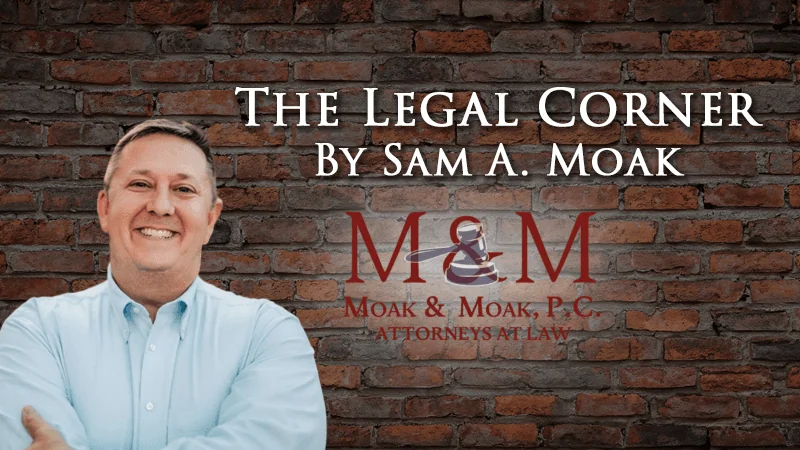The information in this column is not intended as legal advice but to provide a general understanding of the law. Any readers with a legal problem, including those whose questions are addressed here, should consult an attorney for advice on their particular circumstances.
How much do you know about estate plans? And how do you know when you need one?
Many people have a vague feeling that they should execute some kind of estate plan eventually, but think (hope) that they really don’t need one right now. In my columns I spend a lot of time telling people that they do need an estate plan, and they probably need one right now—or yesterday!—and I hope I do a good job of explaining why you need one. But maybe it’s time for you to decide when the time is right. This quiz will help you determine just when (and if) you need to do some estate planning.
Do you own a house?
Owning your own home means you have at least one significant asset, which affects your need for planning in a number of ways: First, a piece of property cannot be split between people, it will have to be sold (which can take months or even years) and the proceeds divided among your heirs, often at a loss, especially if the house was undervalued to sell quickly. I have witnessed first hand how siblings can bicker/fight over how to divide real estate. This unfortunately causes unnecessary costs, when a little planning would have easily avoided the issue. Second, many people who feel they have “small estates and won’t have to worry about Probate or the estate tax.” are surprised when they find that the value of their home does indeed push their estate over the line. Third, if you are married you may need to make provisions for your spouse if you would like them to be able to continue to live in your home.
Do you have minor children?
If you have minor children and have not made provisions for them in case of your death or incapacity the government will be in charge of their futures. This could mean your children are put in the care of someone you do not feel is suited, foster parents or become wards of the state. That is not a chance you want to take.
Do you want your heirs to have to wait months (or years) before receiving an inheritance that is only a percentage of what you left them?
Without a plan in place, probate can be long and expensive. leaving less for your heirs. Delays will occur before your assets can be distributed. Without careful thought as to who should be the executor of your estate, significant delays and costs may occur as well. Most people know who they want and who is most suited to be in charge of their estate, but without careful planning it has no effect.
Do you know how you want to spend your final moments?
Most people do not die quickly an quietly at the ripe old age of 98. Most people fall victim to accidents, illness or dementia, unable to make their own health care decisions. Without a Power of Attorney for Health care or a Directive to Physicians, Family and Surrogates (Living Will) that specifically outlines your wishes and instructions for your health care and nominating an agent to carry out those wishes, you could end up in a Terri Schiavo situation, thus costing your loved ones both financially and emotionally.
There is much that goes into your estate plan decision-making; this is only a partial quiz, and not a planning tool. If you have not already established an estate plan, or if your plan needs updating, please contact an attorney whose focus is on estate planning. A little time and money spent now, can save your family a great deal of time and money in the future.
Sam A. Moak is an attorney with the Huntsville law firm of Moak & Moak, P.C. He is licensed to practice in all fields of law by the Supreme Court of Texas, is a Member of the State Bar College, and is a member of the Real Estate, Probate and Trust Law Section of the State Bar of Texas. www.moakandmoak.com


